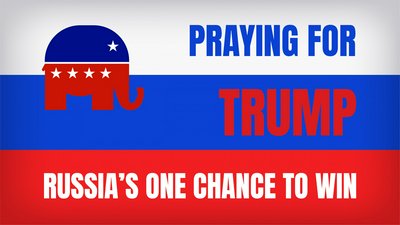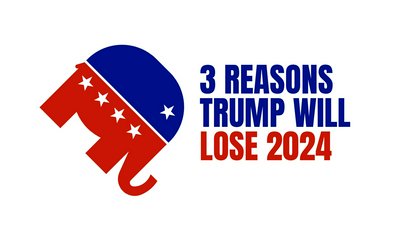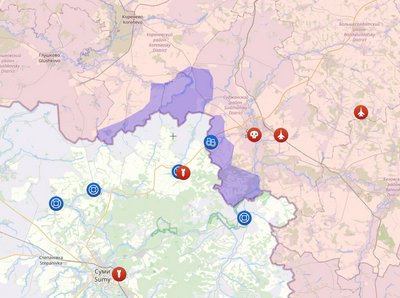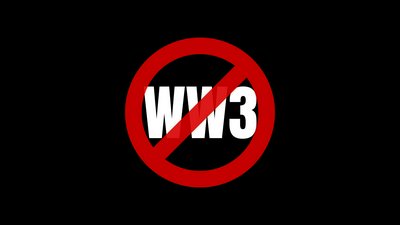economyParis
An Era of Privately-Owned Public Goods?
Resolving the dilemma between progress and equality with a paradigm shift in ownership, DrJLT argues, is how we move forward from the quagmire of plutocracy ...
Published by Dr Jiulin Teng on 26 Feb 2020 · Updated on 25 Jul 2021
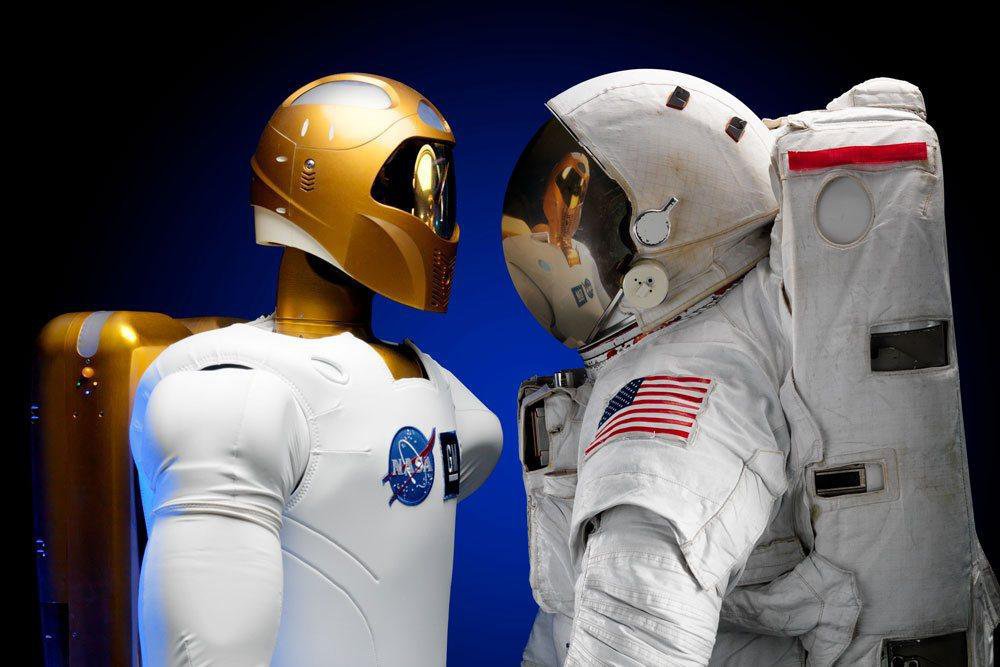
Progress and equality are two ideals of modern society, yet technological innovation as a form of progress has been driving income inequality. Historically, wars and revolutions served as a means of wealth destruction. The accumulation of wealth has been fast and steady in the longest peace period since industrial revolution. As the rich get richer, so do the poor. However, continued technological innovation, particularly in automation and artificial intelligence, is likely to undertake "creative destruction" on a larger scale than ever before: we're not talking about the steam engine replacing the horses — in many cases, we are being replaced.
Current "solutions": three approaches
Some supporters of Donald J Trump want to bring back coal-mining jobs. That entails scaling back technological innovation in order to preserve equality. The problem with this approach is that it is economically and socially unviable: Economically, coal mines were shut down due to declining profits; they can reopen only if outside forces, such as those from the government, subsidize them. Socially, the overall sentiment for clean and renewable energy can only grow as it is aligned with rising standard of living (because a healthy environment is valuable and increasingly valued).
An opposing approach is somewhat Darwinian: let technology do its job and the free market will always be efficient. In China, this is called "let the ones who get rich first help the others"; in America, trickle down. The problem here is that as machines can perform an increasing number of jobs, including intellectual jobs, more efficiently, we reach a tipping point where wealth, even if you believe in trickle down economics, trickles down primarily to newer, more efficient machines. The human problem, therefore, is that in this new free labor market we are competing with machines that on many fronts are better — only a violation of the free market could retain the status quo.
A third approach, one which many economists and the general public may find hard to stomach, would be utopian (or communist, depending on your political belief): a democratically elected "government", perhaps consisting of a set of public rules and algorithms instead of human politicians, would organize production and distribution that best serve the interests of the human public. This is what science fictions love to depict, and, as science fictions also love to point out, the biggest risk is that humans are taken gradually but surely out of economic evolution — we'd therefore become an evolutionary dead end good only for the "history books" of machines as "those that came (and gone) before us".
Privately-owned public goods
The solution to this dilemma, in my judgement, could lie in another form of innovation — that in our economy. Its key is keeping us in the center of our economic lives while allowing for ever-faster progress and improved equality. This is where privately-owned public goods could play a role. In this paradigm, control is independent of ownership with the exception of the right to transfer; this prevents rent-maximizing behavior that could undermine equality. Still, private ownership is protected, as do economic rents. The question is therefore not of political ideology (against communism) but of assurance: once control is alienated from ownership, how could we guarantee ownership? I think this in essence isn't different from the paradigm today, for control is guaranteed (or not guaranteed) much the same way — governments today already impose capital restrictions, investment restrictions, production restrictions, employment restrictions, and every other type of restrictions that one could imagine. Control as endowed by ownership is protected as far as governments and the public see fit. Usually, a seizure of control entails the cessation of ownership, but when the two are independent the protection of ownership would be the same as the protection of control today — limited but assured insofar as the public see fit.
But why couldn't public goods be publicly owned? Ironically, the answer is in the protection of ownership. At least today, human ingenuity and endeavor drive technological innovation. In today's paradigm, human ingenuity and endeavor are rewarded by economic rents secured through ownership, as it should. In the distant future when machines are the primary contributor to innovation, to ensure that machines serve us we need to retain our ownership, in many cases of the machines and their works. As ownership is decentralized, we have better chances in doing so.
And finally, why does it have to be public goods? Because of allocation, both in terms of capital for technological innovation and of products and services for equality. This can ensure to a certain degree products and services are allocated per the need (of the poor), while the rich, hopefully rewarded for their ingenuity and endeavor, get to opt for a premium lifestyle. It also ensures that the poor with great ideas can develop them for the benefit of the public unlimited by their means.
This does entail a "big government", which could be quite inefficient. However, the alternatives are less attractive as laid out above. When machines can improve efficiency by several orders of magnitude, some loss in government could be the price for stability. How to reform the world's governments, and what roles machines could be allowed to play warrant further, deeper reflection & public discussion.
This article was originally published on my old site jlteng.com on 2 December 2017.
